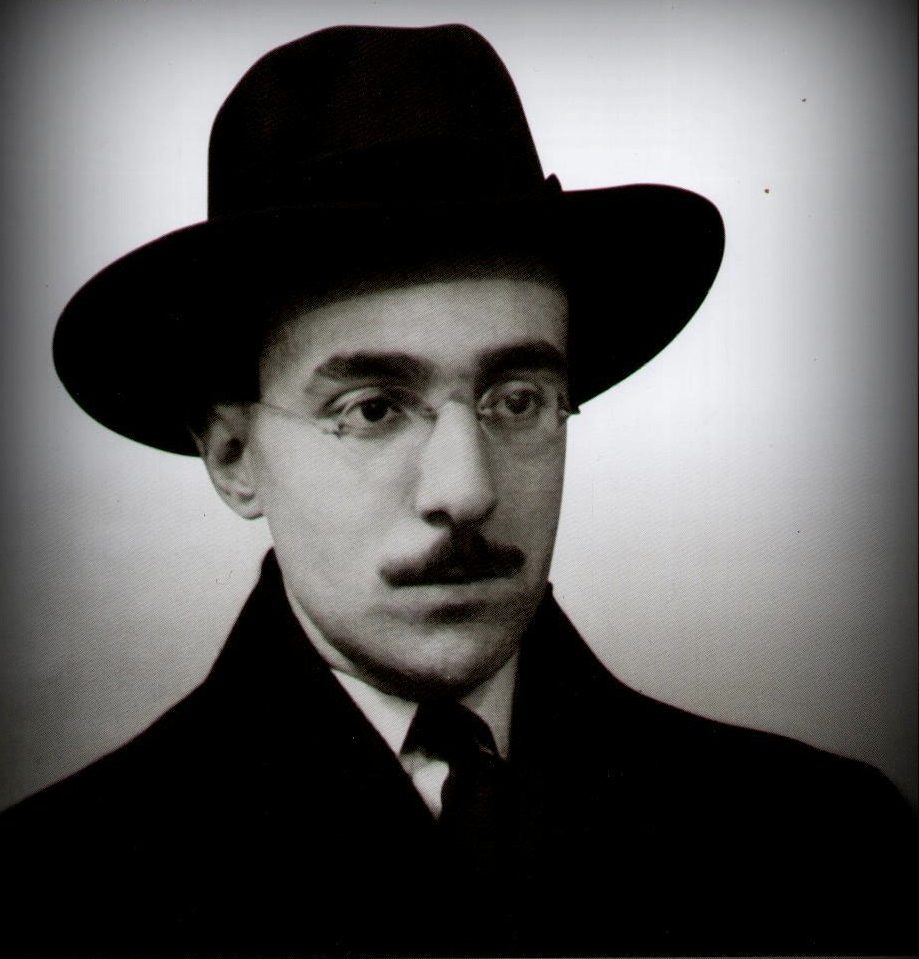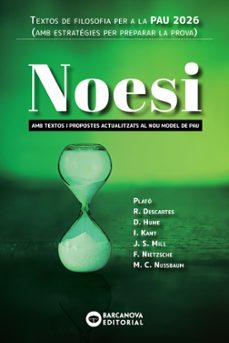📗 Libro en inglés THE BOOK OF DISQUIET: THE COMPLETE EDITION
PROFILE BOOKS - 9781781258644
Sinopsis de THE BOOK OF DISQUIET: THE COMPLETE EDITION
The Book of Disquiet is one of the great literary works of the twentieth century. Written over the course of Fernando Pessoa''s life, it was first published in 1982, pieced together from the thousands of individual manuscript pages left behind by Pessoa after his death in 1935.
Now this fragmentary modernist masterpiece appears in a major new edition that unites Margaret Jull Costa''s celebrated translation with the most complete version of the text ever produced. It is presented here, for the first time in English, by order of original composition, and accompanied by facsimiles of the original manuscript.
Narrated principally by an assistant bookkeeper named Bernardo Soares - an alias of sorts for Pessoa himself - The Book of Disquiet is ''the autobiobraphy of someone who never existed'', a mosaic of dreams, of hope and despair; a hymn to the streets and cafes of 1930s Lisbon, and an extraordinary record of the inner life of one of the century''s most important writers. This new edition represents the most complete vision of Pessoa''s genius.
Ficha técnica
Editorial: Profile Books
ISBN: 9781781258644
Idioma: Inglés
Número de páginas: 432
Tiempo de lectura:
8h 56m
Encuadernación: Tapa blanda
Fecha de lanzamiento: 01/08/2018
Año de edición: 2018
Plaza de edición: Reino Unido
Alto: 19.0 cm
Ancho: 12.0 cm
Especificaciones del producto
Escrito por Fernando Pessoa

Fernando Pessoa (Lisboa, Portugal, 1888-1935), escritor, crítico, dramaturgo, ensayista, traductor, editor y filósofo, fue una de las figuras literarias más importantes y complejas del siglo xx y uno de los grandes poetas en lengua portuguesa. Director y colaborador de varias revistas literarias, se ganó la vida como redactor de correspondencia extranjera para empresas comerciales, traductor y vendedor de horóscopos. Escribió en inglés (vivió en Suráfrica en sus años mozos) una parte de su obra, que se desplaza magistralmente de la vanguardia al clasicismo. Desdeñoso de la fama, propuso siempre lo que él llamó una “estética de la abdicación”, en la que incluía no sólo “la posibilidad de bienestar material” sino todo el sistema de relaciones humanas, desde el amor a la amistad, convencido de que el hecho divino de existir no debe asimilarse al hecho satánico de coexistir.
Descubre más sobre Fernando Pessoa Recibe novedades de Fernando Pessoa directamente en tu email
Opiniones sobre THE BOOK OF DISQUIET: THE COMPLETE EDITION
¡Sólo por opinar entras en el sorteo mensual de tres tarjetas regalo valoradas en 20€*!
Los libros más vendidos esta semana

Tapa blanda
NOESI TEXTOS DE FILOSOFIA PER A LES PAU 2026 SELECTIVITAT PAU CATALUÑA / ISLAS BALEARES
Varios autores































